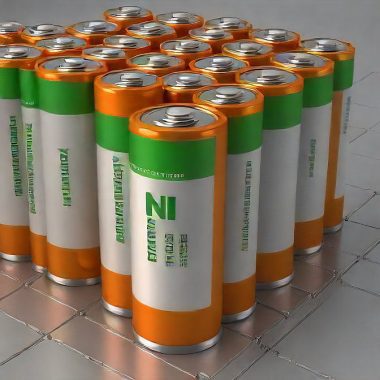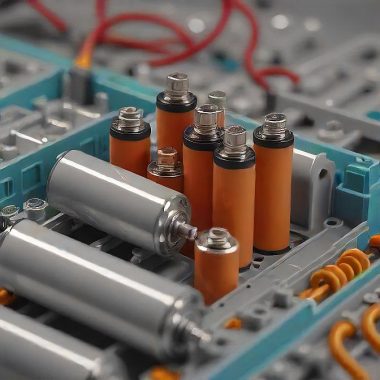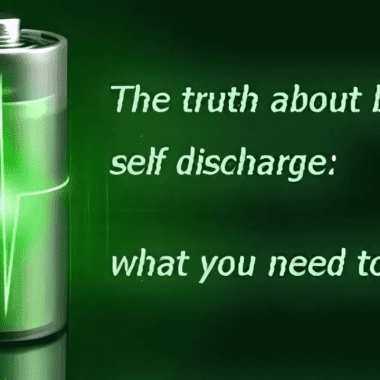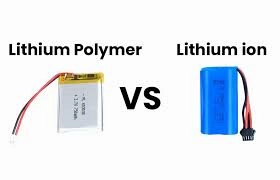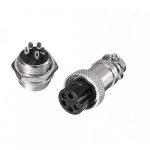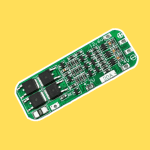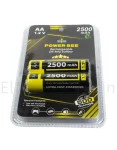INTRODUCTION
As energy storage needs change in 2023 lead acid batteries remain the battery of choice for many applications. Offline users are exploiting Ni Metal Hydride versions but lead acid batteries are so durable and reliable while not chucking energy away in high self discharge rates. This guide will explore why lead acid batteries are still relevant today, how they compare to Ni Metal Hydride options, and how they are used in devices like the TV remote cell, and more.
1. Reliable for more than 30 years
There are a lot of history of lead acid batteries reliability and the quality of performance. They are over a century old, being used in everything from cars to renewable energy storage systems. Because they’re designed to use current output, which is vital for applications that need to supply a strong energy burst such as starting a car engine.
The benefits, however, contrast in that whereas Ni Metal Hydride batteries are much more modern, they may fall short in terms of reliability in peak power applications. These batteries work better for smaller electronics like such as TV remote cell or a portable device. Lead acid batteries still rule for high energy applications, however.
2. Low Self-Discharge Rate
Lead acid batteries can maintain their charge for longer periods of time without use, compared to other types of batteries, which is a huge advantage when it comes to how the battery not operating discharges. Because of this, they’re well suited to being a backup power supply or renewable energy storage where batteries won’t be in active use all the time.
Ni Metal Hydride batteries are popular as being rechargeable, but unfortunately have a high self discharge rate. Because of this, they have faster rapid energy losses than lead acid batteries especially in warm climates. This is important to systems that require maintaining charge without cycling frequently.
3. Electrical Batteries of High Efficiency
Lead acid batteries are one of most popular types of electrical batteries, and are very energy efficient, delivering power without too much loss. In applications where every energy wastage minimization is crucial like a renewable energy system or uninterruptible power supplies (UPS), this efficiency gains favor.
Lead acid batteries still have their place, with dependable energy output, and although Ni Metal Hydride batteries and other newer types of batteries have been developed they are still used in many industrial applications. Lead acid batteries are still unmatched in efficiency for heavy duty operations that require steady energy.
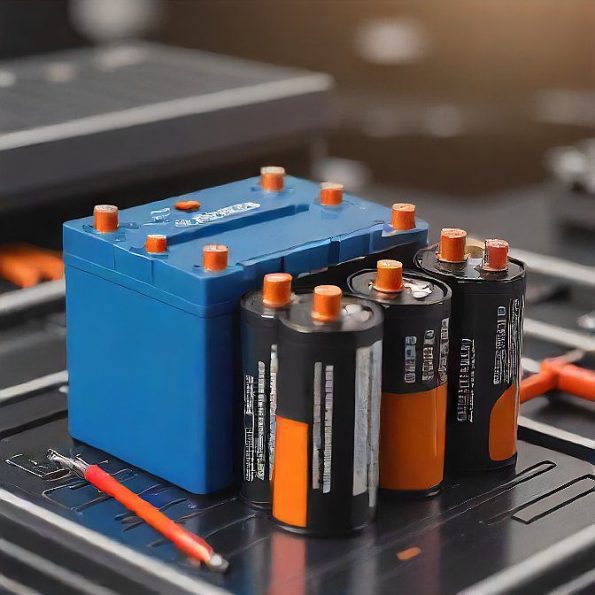
4. It’s Cost Effective for Personal & Industrial Use
Lead acid batteries are also very cost effective. Other rechargeable batteries are significantly more expensive to manufacture but provide a solution that is inexpensive for the end consumer or business. Lead acid batteries are cheaper to buy and consistently deliver power output better than Ni Metal Hydride or lithium ion batteries when used for particular applications.
Lead Acid batteries are cheap, and for that reason, they are a popular battery choice for large scale energy storage solutions such as home solar power systems and emergency power backups. Ni Metal Hydride batteries, though gaining traction, are yet quite expensive, and even though users that require an expansive amount of energy storage, cannot currently afford it.
5. The Recycling and Disposal process is easy.
The process of lead acid battery recycling is already known, approximately 98 percent of its materials can be recycled. These batteries use lead, plastic and acid, all of which can be reclaimed and reused, thus making their disposal less environmentally onerous. Because of this high recycling rate, lead acid batteries are among the most eco friendly options out of the many electrical batteries.
Meanwhile, older batteries like Ni Cadmium batteries are not likely to be recycled much, something which presents environmental problems. In addition, the recycling process for lead acid batteries is simpler than for more modern chemistries requiring often specialized facilities.
6. It is adaptable to several applications.
The lead acid batteries come in different sizes and configurations, they are capable of fulfilling many applications. These batteries can be adjusted to meet particular power necessities, from small backup supplies and as much as massive industrial storage units. Cars, emergency lights, power tools, and for storage of renewable energy created by solar panels or wind turbines almost always use them.
Lead acid batteries are not necessarily practical for such small things like a TV remote cell, but for areas where space is not as much of an issue, they remain an excellent solution. Despite that, lead acid batteries are now even being used in residential energy storage solutions thanks to technological improvements.
7. Extreme Conditions Performance
There are many types of lead acid batteries built to handle a wide range of environmental conditions. They are able to work both at high or low temperatures, and hence, are suitable for applications in outdoors and industry. As a result, this robustness in extreme weather is a differentiator from Ni Metal Hydride and newer chemistries that can degrade more rapidly under extreme conditions.
Lead acid batteries are stable enough for dependable performance in many outdoor applications of electrical grids or renewable energy storage. Moreover, they can handle overcharging much better than many newer battery types and are, therefore, more resistant to the inevitable voltage variations found in many industrial environments.
Comparison: Comparing Lead Acid versus Ni Metal Hydride Batteries
Although Ni Metal Hydride batteries are gaining popularity because they are environmentally sound and lighter than their lead acid counterpart, they do not yet compare with the overall durability and cost for those types of applications. Here’s a quick comparison:
Self-Discharge: While NI Metal Hydrides have a greater self discharge rate, they are not as suitable for long term energy storage applications as Lead acid.
Cost: The most affordable generally lead acid batteries and for this reason preferred for large scale energy storage solutions.
Efficiency: Despite the fact that lead acid batteries are being replaced across most application spaces by newer, cleaner energy systems like Lithium, VB Batteries stands firm that this type of battery is quite reliable in terms of providing a stable and steady power output, particularly in industrial type applications.
Environmental Impact: Lead acid batteries are recyclable, but so are lithium–ion batteries and both are being recycled. However, while the recycling infrastructure for lead acid batteries is well established, it is not yet for lithium–ion batteries.
Conclusion
In 2023, lead acid batteries continue to be a good bet for applications where cost, reliability, and low self discharge are important. Although more recent substitutes such as Ni Metal Hydride batteries are entering play, especially in smaller electronics, lead acid batteries are still the predominant high power contenders, owing to their low cost, high recyclability, and versatility on applications. Lead acid batteries give performance you can’t beat, whether it’s for a car, a UPS, or a rechargeable power storage solution for renewable energy.
If you think you need a battery for the job, think about the application requirements, your budget, and the number of years you’d like to get out of the battery. Affordability, environmental friendliness and reliability make lead acid batteries have a compelling balance that is likely to keep them to remain relevant for years to come.




